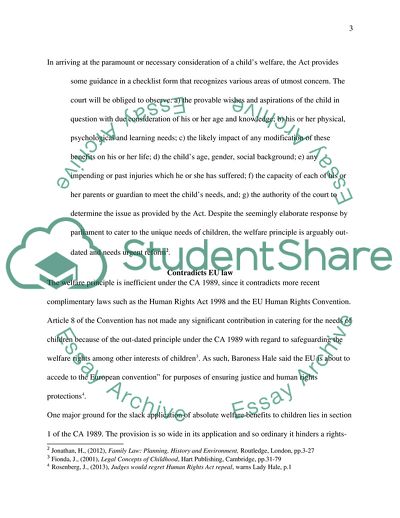Cite this document
(Dicsussion of the Statment that the Welfare Principle Is Out-Dated and Coursework, n.d.)
Dicsussion of the Statment that the Welfare Principle Is Out-Dated and Coursework. https://studentshare.org/law/1846504-the-welfare-principle-is-out-dated-and-limited-it-needs-reform-discuss
Dicsussion of the Statment that the Welfare Principle Is Out-Dated and Coursework. https://studentshare.org/law/1846504-the-welfare-principle-is-out-dated-and-limited-it-needs-reform-discuss
(Dicsussion of the Statment That the Welfare Principle Is Out-Dated and Coursework)
Dicsussion of the Statment That the Welfare Principle Is Out-Dated and Coursework. https://studentshare.org/law/1846504-the-welfare-principle-is-out-dated-and-limited-it-needs-reform-discuss.
Dicsussion of the Statment That the Welfare Principle Is Out-Dated and Coursework. https://studentshare.org/law/1846504-the-welfare-principle-is-out-dated-and-limited-it-needs-reform-discuss.
“Dicsussion of the Statment That the Welfare Principle Is Out-Dated and Coursework”. https://studentshare.org/law/1846504-the-welfare-principle-is-out-dated-and-limited-it-needs-reform-discuss.


